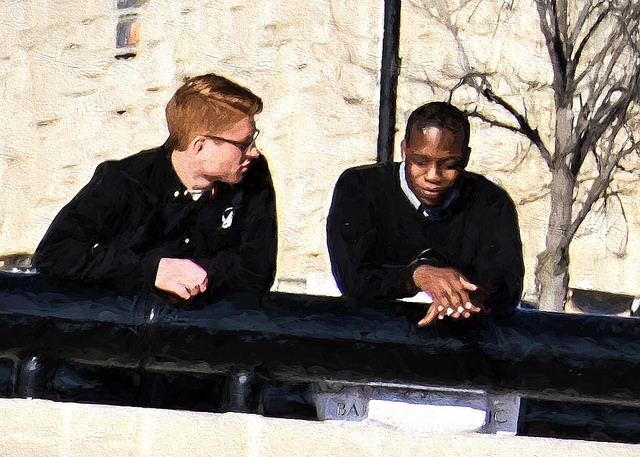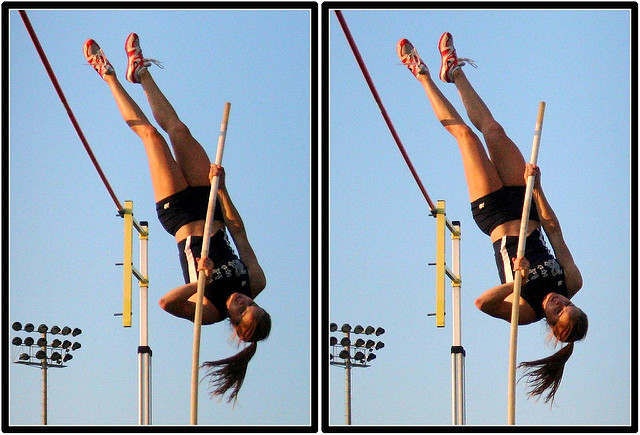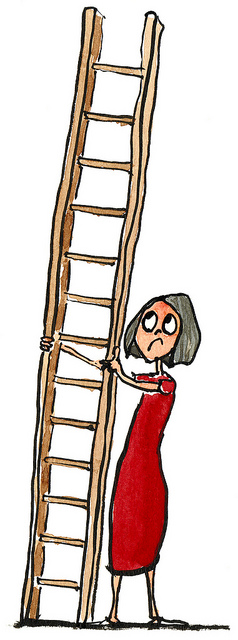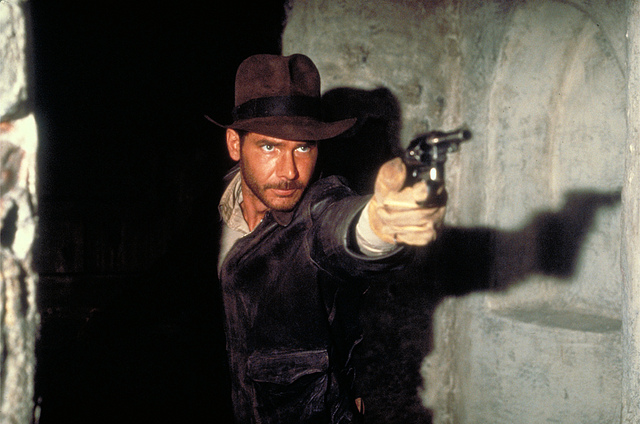opinion
The inspiring Kate Granger
I never knew Kate Granger personally, but she has inspired me enormously over the last three years.
A consultant geriatrician, in 2011 – at the age of 29 – she was diagnosed with a rare and terminal form of cancer and she was given six months to live. She has just died, aged 34.
The #hellomynameis campaign
During those precious years, when she became frustrated and psychologically depleted by medical staff failing to introduce themselves to her, Kate Granger set up, and became the force behind, the campaign #hellomynameis, driven by her passionate belief in the importance – in therapeutic and human terms – of the connection between patient and medical staff. In other words, person-centred, compassionate care.
#hellomynameis worldwide
#hellomynameis – to which well over 400,000 people in 90 organisations in the UK, including of course hospital trusts, have signed up – encourages frontline NHS staff to make a pledge to introduce themselves to their patients. It’s now being used in Australia as part of the country’s national healthcare training, and is used in New Zealand and across America and Canada. It has been intensively promoted on social media alongside Dr Granger’s sharing of her experience of her illness and the care she received.
Innovation and compassion in healthcare
In March 2014 NHS Employers and NHS England launched The Kate Granger Compassionate Care Awards to highlight how innovation, practicality and especially compassion are essential in everyday NHS care. While it’s shocking that these qualities are not automatically present in our national healthcare system, and that they are not included in medical training a matter of course, Kate Granger has not only enabled a significant difference in the behaviour of nearly half a million medical staff but has also made a significant difference to the experience of millions of patients.
Research has shown that empathy, caring and respect by medical staff mean that their patients recover faster, tolerate their medical conditions better, and have a higher degree of wellbeing. Kate Granger has contributed to upping the quality of care simply through compassion and awareness.
Medical care: compassion has been hijacked by tasks
Two big messages are evident for me in this humbling story. The first is that medical care, in the true sense of the word ‘care’, has, in too many instances, become hijacked by the drive to complete tasks, raise efficiencies, save money, and tick boxes – and in the process has forgotten the emotional and psychological needs of the patient. We see this happening not only in the medical world, but also in the relationships between leaders and followers in all other professions, contexts and organisations. Humanity, compassion and respect for the individual have been overtaken by the drive to simply get things done and to maximise apparent efficiency and profitability at all costs.
Leadership through passion, courage, humanity and pioneering
The second message is about the nature of leadership. Kate Granger was a leader not only by virtue of her title, but even more by virtue of her passion, commitment, courage and determination to reach as many people as she could in service of a message which she believed would create a better quality of medical professional by releasing more of their inherent humanity. She created innovation in a culture in which it can be hard to innovate, she engaged thousands of people – and not just medics – in a drive towards greater humanity. She changed mindsets through her own personal story and the power of compassion.
An outstanding leader
In her too-short life, Kate Granger has been a pioneer and has left a legacy. She has made a difference to the world – and she has inspired thousands to live her message. That must be the mark of an outstanding leader.
Photo by NIHClinicalCenter via Compfight
#hellomynameis: Courage, passion and pioneering
Consultant geriatrician Kate Granger, who set up, and became the force behind, the campaign #hellomynameis, has died of terminal cancer aged 34. Passionate about person-centred, compassionate care, she was a leader by virtue of her passion, commitment, courage and determination to reach as many people as she could in service of a message which she believed would create a better quality of medical professional by releasing more of their inherent humanity.
Read more »Leadership and the EU referendum
Leaders need not only to fully understand the issue they’re dealing with, especially if it challenges groupthink, but they also need to be able to communicate it in a way that is accessible and compelling to their audiences. The leader who connects with their followers will hold them in the palm of their hands. This is truly where the power is.
Read more »Culture and culture change
Organisational culture shows up in literally hundreds of different ways in which people behave and live out attitudes and beliefs. Changing a culture needs to be addressed both at the level of the leader and at the level of the whole system - and by exploring how these two interact. A culture in which the past is honoured is a culture in which change towards a new future can be embedded most effectively and sustainably.
Read more »Cross-cultural coaching: complexities and pitfalls
In cross-cultural environments the coach needs be cautious about challenging the assumptions that they might otherwise challenge: if the client's attitude or belief comes from their culture of origin, it may be close to their sense of self. Equally, issues such as self-promotion in the context of career development and the client's relationship to their family need to be handled sensitively.
Read more »Identity, transition and transformation
What a caterpillar calls death a wise man calls a butterfly. The coaching client travels from their current identity, via transition, to their new identity, and the coach travels with them from their current meaning, via meaninglessness, to their new meaning, equipping them to move through uncertainty to a new identity. This is a journey of transformation. The client makes the change. The coach does not remove any part of them, but works with them so that they release more of their capabilities. As they add to their current identity, they enrich who they are.
Read more »Talent management: the human side
Doctoral research reveals that the experiences and aspirations of 'the talent' are often different from their organisations’ expectations of them and aspirations for them. What's the impact on authenticity, integrity and effectiveness when talent management is commoditised and individual interests go unacknowledged?
Read more »What kind of leader do you want to be?
What kind of leader are you? And what kind of leader do you want to be? What’s the style that gets you best results and feels right to you? When you return to work after a break you may have a more balanced perspective than when you’re in the thick of the pressure. What are you doing to act on the messages that are now clear to you, to become the kind of leader you want to be and to shape the career you really want?
Read more »From peers to direct reports: the senior promotion
When leaders are promoted - and have focused great effort on actually getting the job - there's a risk of not putting enough effort, or not early enough, into making a success of the role once they’re in it. There may be new leadership skills to master - and one of the biggest challenges is to develop new relationships as leader with people who have previously been their peers.
Read more »Women, careers and personal safety
Senior women at work, especially those working part-time, may not be as safe as they would like. They need to develop career resilience: a flexibility in being prepared for – and handling - the unexpected, and learning from tough experiences so as to feel more resourced for the path ahead.
Read more »Identity and authenticity
For some people change appears unsafe because they fear they'll no longer be who they are. However, it's not behaviour or thinking patterns that define who we are. What inherently and uniquely defines ‘self’ are our deeply held (and possibly unconsciously-held) values, our natural talents, and what we need from our environments if we are to thrive. We each need to understand our true place in the various sets of relationships that comprise our lives - in other words, our systems. Constellations can help.
Read more »











